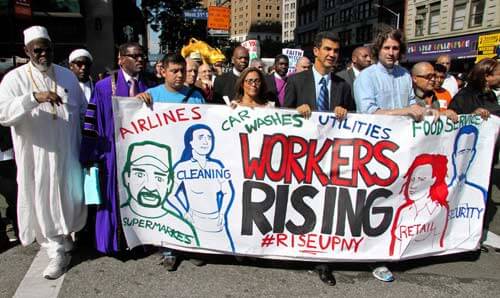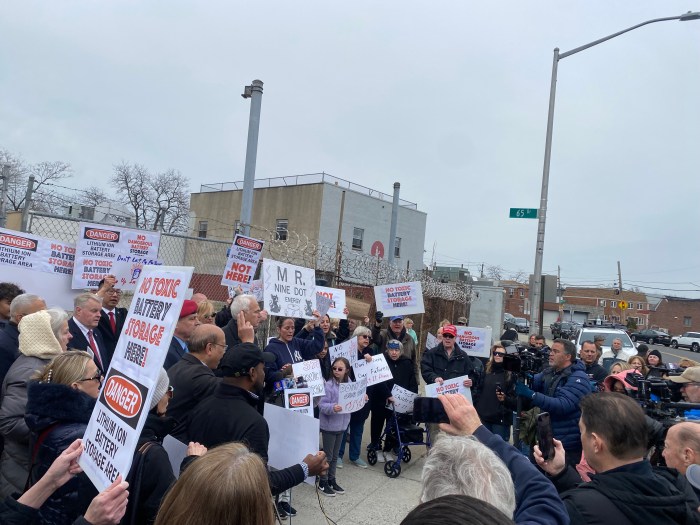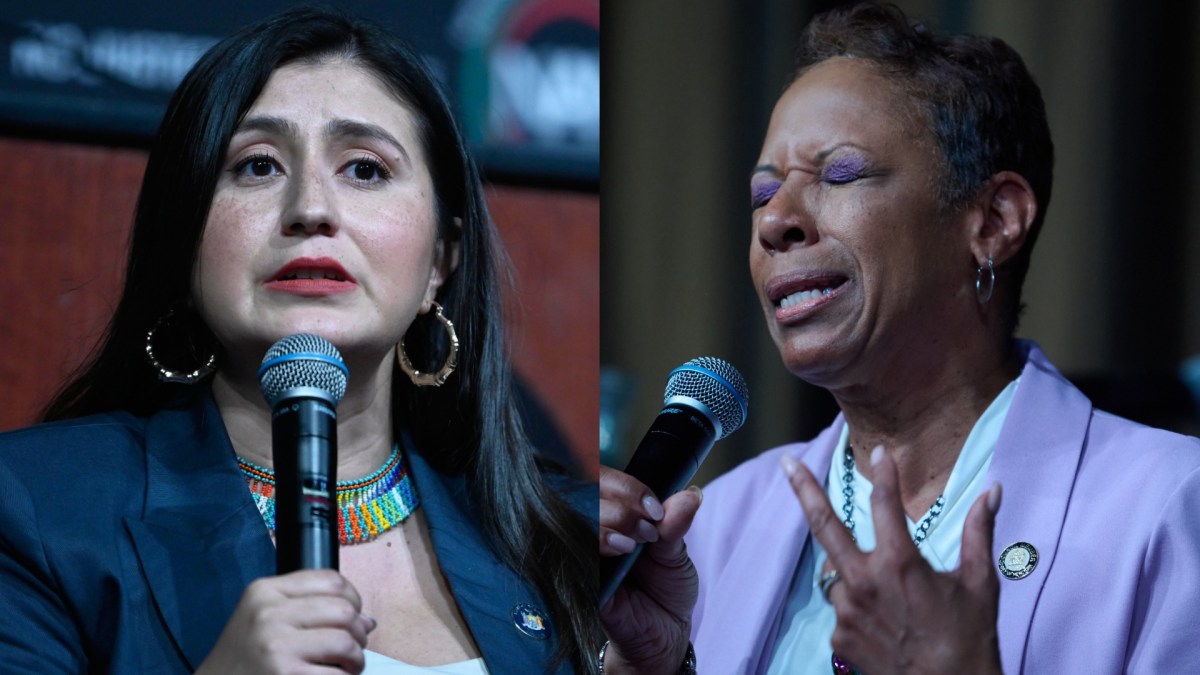New York Attorney General Letitia James, as part of a coalition of 20 attorneys general, on Wednesday fought to defend the rights of immigrant children held in civil detention centers around the country by the Trump administration.
James said that the coalition filed an amicus brief in support of the children who are plaintiffs in Flores v. Barr — a case involving the Trump administration’s attempts to terminate the Flores Settlement Agreement, which has governed the treatment of children in immigration custody since 1997.
In the amicus brief, the coalition urges the U. Court of Appeals for the Ninth Circuit to uphold an earlier permanent injunction issued by the US District Court for the Central District of California, preventing the federal government from keeping children in prolonged and unnecessary detention.
“The Trump administration’s illegal and immoral efforts to lock children in cages is a shameful and appalling action that should strike a nerve with every person in this country,” James said.
“All of us, regardless of national origin, deserve to be treated with basic dignity, but the president continues to use immigrants, including young children, as political pawns in his twisted game of chess,” she added. “Regardless of one’s nation of origin, all people deserve to be treated with decency, which is why our coalition will continue our fight to stop the Trump administration’s cruel, inhumane, and xenophobic actions.”
Last year, James noted that a federal court halted the Trump administration’s attempts to terminate and replace the Flores Settlement Agreement with an “inadequate and unlawful new rule.”
In a separate lawsuit challenging the Trump administration’s rule, James and a multistate coalition argued that the rule would have interfered with the states’ abilities to help ensure the health, safety and welfare of children by undermining state licensing requirements for facilities where children are housed.
Additionally, the New York attorney general said the rule would have resulted in the vast expansion of family detention centers, which are not state licensed facilities and have historically caused increased trauma in children.
Moreover, she said prolonged detention of children can result in “significant long-term negative health consequences.”
Based on these concerns, the coalition argued the rule exceeded the agencies’ statutory authority and violated both the Administrative Procedure Act and the Due Process Clause of the Fifth Amendment to the US. Constitution.
The Flores Settlement Agreement stems from a class action lawsuit filed before the US District Court for the Central District of California in 1985 in response to substandard conditions of confinement for immigrant children.
James said the lawsuit sought to establish standards for how the federal government should handle the detention of children, including plaintiff Jenny Lisette Flores.
In particular, the plaintiffs described conditions that included the use of strip searches, shared living quarters and bathrooms, where children were housed with unknown adults, and the prohibited release of minors to non-guardian relatives — “all leading to prolonged and cruel detention of children.”
Following litigation that moved through the US Court of Appeals for the Ninth Circuit and the US Supreme Court, the federal government eventually agreed to a settlement in 1997 resulting, among other things, in: Releasing children “without unnecessary delay” to their parents, legal guardians, other adult relatives, another individual designated by the parents/guardians, or a state-licensed program willing to accept legal custody; placing children in the “least restrictive setting” appropriate to the minor’s age and special needs; and establishing standards to meet the particular needs of children in immigration detention.
Joining James in filing Wednesday’s amicus brief are the attorneys general of California, Connecticut, Delaware, Illinois, Maine, Maryland, Massachusetts, Michigan, Minnesota, Nevada, New Jersey, New Mexico, Oregon, Pennsylvania, Rhode Island, Vermont, Virginia, Washington and the District of Columbia.






















